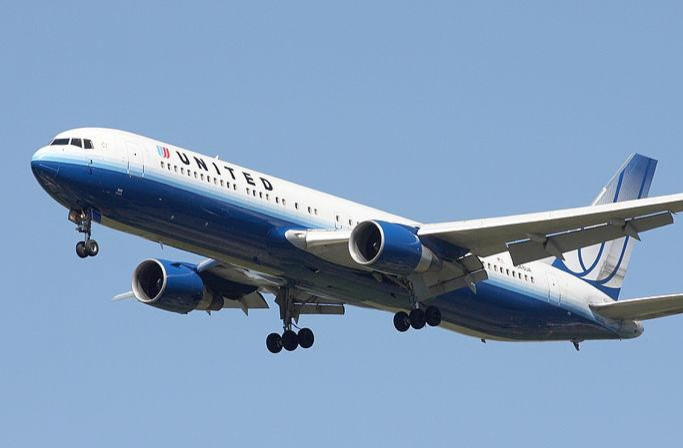Will United Airlines Honor Free Tickets Sold After Filing Error Thursday?

United Airlines was forced to shut down its entire booking system Thursday afternoon after a filing error offered customers a deal that may prove too good to be true: free flights.
United spokeswoman Jennifer Dohm confirmed to International Business Times Thursday night that an error in the system appeared to offer customers $0.0 fares for many domestic flights, though they paid upwards of $10 in taxes.
“One of our filings today contained an error which resulted in certain fares displaying as zero,” Dohm said. “We have corrected this error.”
News of the incredibly cheap airfares spread quickly on social media sites like Twitter and popular forum FlyerTalk, which is often the first place to pick up on any airline booking engine errors.
A thread on FlyerTalk, which began around 11:30 a.m. EST, likely kickstarted the frenzy, with a poster describing how they booked several round-trip flights from San Jose to Boston for a grand total of $10 each. Other posters in the forum -- roughly 100 in just an hour’s time -- described booking long-haul flights like Washington, D.C. to Honolulu, Hawaii, also for a measly $10 in taxes.
Several hours after the booking spree began, United Airlines’ reservation system slammed to a halt with the message: “United.com is currently undergoing maintenance. Flight search and booking are unavailable for all flights, including MileagePlus award travel. We are working to restore these as quickly as possible.”
Though the website went live again at around 3:45 p.m. EST, questions remained Thursday night as to whether United Airlines would honor the morning’s gratis fares. Dohm told IBTimes that the airline was “in the process of evaluating” the issue. “As always, we will do what is appropriate,” she added. United Airlines has not yet released just how many tickets it sold at the unusually low fares.
Word of a mistake can spread like wildfire in the age of social media, and while human error in fare filling has happened before, the record of United Airlines honoring such tickets is a mixed bag.
United Airlines accidentally dropped a fuel surcharge that ran as high as $130 per leg of a flight in 2008, but later decided to honor all tickets sold that day without the surcharge. Yet, when United Airlines accidentally sold flights in any class from the U.S. to Hong Kong for four frequent flier miles and $33 in taxes last year, the airline announced that those who purchased the tickets -- which normally run upwards of $11,000 -- would get a full, penalty-free refund and have all miles deducted back. They would not, however, be able to use their tickets.
The ensuing debate became one off the first big tests of the Department of Transportation’s new passenger protection rules, which went into effect January of last year. Among a host of other protections, the rules mandate that airlines can no longer increase the price of a ticket after it's been sold, even when the fare is a “mistake.”
Customers have long argued that when they themselves make a mistake on an airline’s booking engine, they’re forced to pay a dear sum to fix it. Why then, they argue, shouldn’t the airlines have to do the same?
The DOT’s ruling on the Hong Kong flights, however, found that “the actual price of the advertised fare was never clearly stated during the booking process, thereby creating ambiguous circumstances in which it could be reasonably interpreted that the actual price of the fare was significantly more than the amount consumers paid at the time they attempted to purchase the fare.”
Therefore, the agency said evidence did not suggest that United Airlines engaged in any unfair or deceptive practices in violation of the new passenger protection rules. The DOT added, however, that regardless of the outcome of its investigations in such matters, consumers are always free to pursue breach of contract claims against an airline in an appropriate civil court for monetary damages.
The DOT’s ruling last year suggests that if the fare offered is consistent throughout the booking process, then the airline could be in violation if they change it post-booking. Yet, it also gives airlines a fairly easy out to quench any tickets sold due to human error.
© Copyright IBTimes 2024. All rights reserved.






















